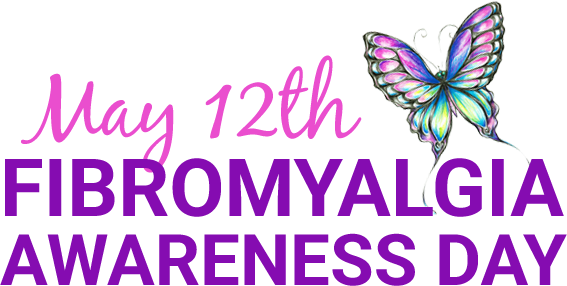Fibromyalgia is a chronic condition causing widespread pain and profound fatigue.
It often develops after some sort of trauma that seems to act as a trigger, such as a fall or car accident, a viral infection, childbirth, an operation or an emotional event. Sometimes the condition begins without any obvious trigger. The actual cause of fibromyalgia has not yet been found.
EPR Project Co-Ordinator/Communications Lead, Casey White from Cannock works at Walsall Healthcare NHS Trust and has Fibromyalgia.
At the age of 20 she experienced episodes of severe pain which continued for months with no clear explanation and after having a really severe episode at 21 she was diagnosed with Fibromyalgia which she said was “incredibly scary at the time as I had never heard of it before and had no idea how it would affect my life”.
Her main symptoms are widespread pain and fatigue with the level of pain changing by the minute. Generally by the end of the day Casey is left feeling very drained and in a lot more pain, just from doing general daily tasks. At least once a month she has a flare up which means in addition to normal symptoms she can have sudden falls, tremors, twitches and episodes of confusion and difficulty with speech.
When it comes to Casey’s home, work and social life it has affected her massively.
The 24-year-old said: “I was always very fit and active before; I am a black belt kickboxer, I did boxing, HIT training and loved mud run challenges. Now I can struggle to simply walk around on a day out and as silly as it sounds, get up off the floor when playing with my son. In the space of 2 years I got diagnosed with Fibromyalgia and PCOS and went from 8 stone to 13 stone”.
As well as experiencing the physical side effects Casey has also had to deal with the mental effects too as people can be judgemental due to the fact it is an invisible illness. She’s had comments such as “you are young, you don’t look ill, there is nothing wrong with you”. There is still a stigma against illnesses you can’t physically see.
A positive to this however was that her family came closer together to support her and she reconnected with her now fiancé, who made a massive change to how she coped with things and has helped her “feel like me again.”
Casey has also found benefits in mindfulness and meditation to relax. She has not found any medication that stops the pain but uses her mindset to try and cope every day.
“My biggest drive for coping now is my family, I have an 18 month old son and 7 year old step-son and I want them to understand but not be affected by what I have”.
When asked what she would like people without Fibromyalgia to know she said: “Always be kind, ask how people are, support them if they appear to be struggling. It is not just a physical challenge it is also an emotional one too. Most people are unlikely to know I have Fibromyalgia, which demonstrates that we do not always know what other people are facing.”


